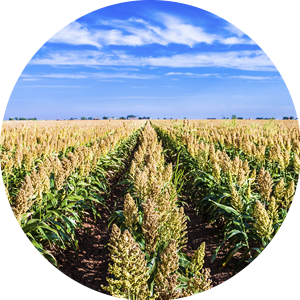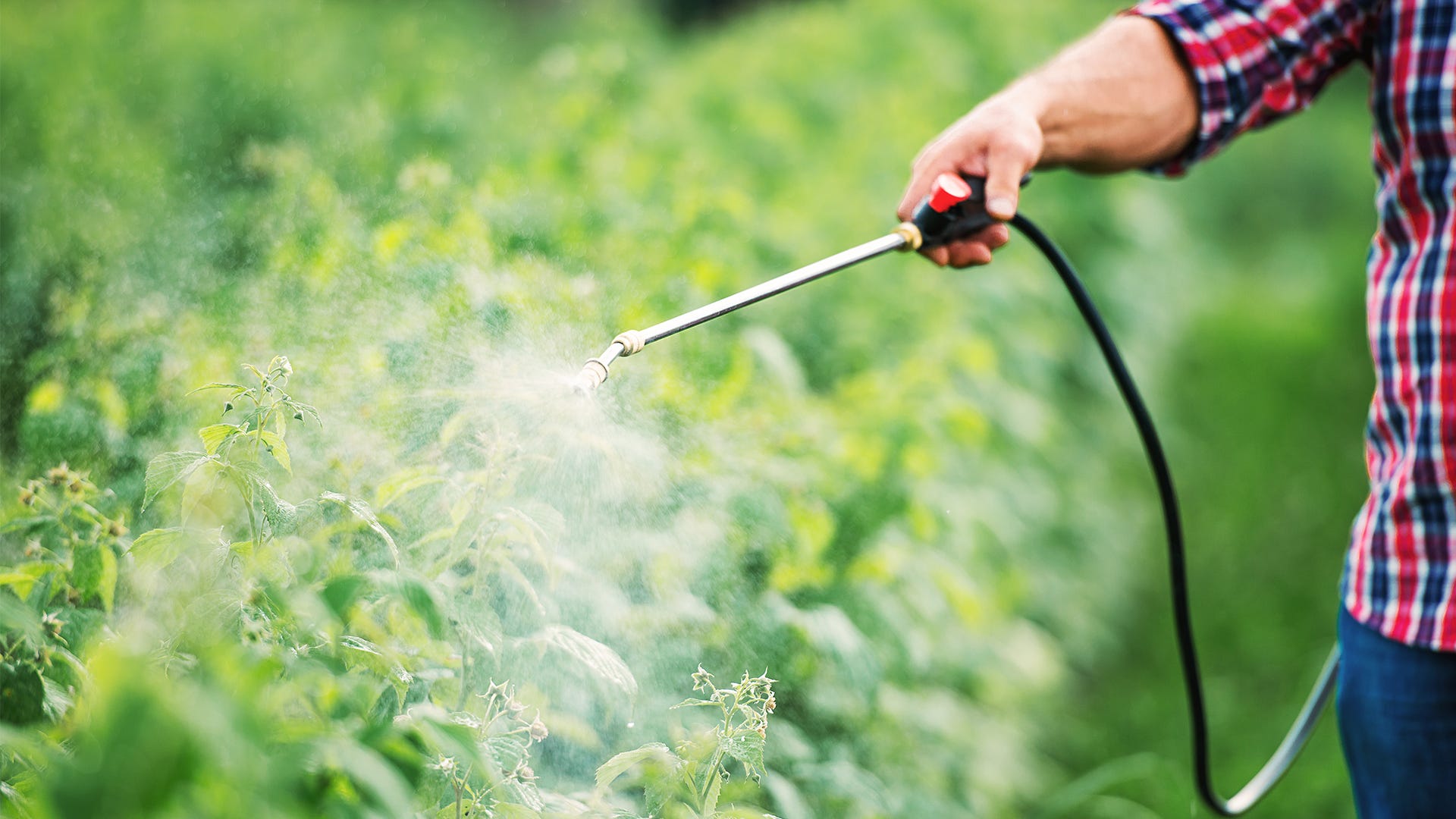Pesticide-based repellents and lawn treatments are becoming things of the past, as safer alternative products begin to surface. These new formulas are every bit as effective as their chemical cousins, but without the negative side effects.
Do you ever wonder how chemical pesticides affect our lives? They may do more damage than you think, with several potentially harmful effects on the environment, our health and even inside our home.
Environmental Effects

Chemical pesticides are known to pollute the environment. While their intended effects are often short-lived, studies have shown that chemical pesticides linger in the atmosphere, the ground and in our waterways long after the job is over. Chemicals have been used on fields across the world for almost 100 years, creating a buildup of adverse pollution in our environment, which continues to grow with every application.
Unfortunately, when pesticides are applied onto a surface, they travel outside their intended area of use by air, soil or water. This is one common way in which chemical pesticides cause collateral damage, beyond their intended use. The Agricultural MU Guide, Pesticides and the Environment, explains that "for certain pesticides to be effective, they must move within the soil…too much movement can transfer a pesticide away from the target pest. This can lead to reduced pest control, contamination of surface water and groundwater and injury of non-target species, including humans."
Organizations like the Organic Material Review Institute (OMRI) have been taking strides in recent years to develop standards for these alternative products. The private nonprofit group is in charge of determining whether a product, such as a repellent, may qualify as organic. Unlike chemical pesticides, each approved organic product must pass a set of rigorous standards to comply with USDA organic regulations. The criteria for these organic-certified products are put in place to reduce negative effects to people, animals, and the environment.
While all types of pesticides are known to travel, organic products are less harmful in composition, thus minimizing or even eliminating residual damage. Supporting the use of food-based organic repellents (e.g. putrescent eggs, capsaicin) will help eliminate potentially harmful chemical pesticides from the marketplace, and ultimately from the food we consume.
Effects On Soil and Crops

When farmers across the world began to rely on chemical pesticides, a drastic change in soil health followed. When the health of soil is compromised, the nutritional value of the food it yields is compromised as well. “The United States government estimates that levels of trace minerals in fruit and vegetables fell by up to 76% between 1940 and 1991" says Cleeton. This change is tied directly to the widespread increased exposure to pesticides.
Chemical pesticides not only deplete the nutritional value of our food, but they also contaminate it. Research has consistently found pesticide residues in a third of food, including apples, baby food, bread, cereal bars, fresh salmon, lemons, lettuces, peaches, nectarines, potatoes and strawberries. While pesticides are designed to kill living organisms, they are certainly not meant to enter our bodies.
Going organic allows us to start from scratch with the soil. Decreasing soil chemical contamination creates an overall "return to nature", bringing back nutrients and helpful organisms, and yielding clean, unaltered produce.
Health Effects

Pesticides have been linked to a myriad of diseases. The Pesticides Literature Review, which is based on studies conducted by a multi-university research team in Toronto, concludes, "people should reduce their exposure to pesticides because of links to serious illnesses. Results of this study found consistent evidence of serious health risks such as cancer, nervous system diseases and reproductive problems in people exposed to pesticides…through home and garden exposure."
Similar research has linked exposure to pesticides to increased presence of neurological disorders, Parkinson’s disease, childhood leukemia, lymphoma, asthma and more. Progressing to organic repellents is a logical step to potentially help reduce the chances of disease or disease acceleration.
Remnants of pesticides have been found in the bloodstream of certain types of cancer sufferers. In The Facts About Organic Foods; Having More Vitamins and Minerals Protects You From Chronic Disease, James Cleeton claims that "women with breast cancer are five to nine times more likely to have pesticide residues in their blood than those who do not. The apparent link between hormone dependent cancers, such as those of the breast and prostate, may be via endocrine disrupting chemicals such as 2,4D and Atrazine (both herbicides)."
With daunting statistics like these, why not make the move to organic-listed repellents? You too can choose to enjoy a pretty, critter-free lawn and garden without using potentially harmful chemicals.
Indoor Pollution

Did you know that your exposure to chemical pesticides often continues while you are inside your home? Pesticides are easily tracked indoors by you, your children or your pets, and from there they can be absorbed into your body through your skin or lungs. It’s frightening to think that you could be breathing in the very chemicals used to make grass grow or kill pests, while you are sitting at the dinner table or fast asleep in bed.
William Baue from the Children’s Health Environmental Coalition says, "‘while many pesticides decompose rapidly when exposed to outdoor light and heat, in an indoor environment they can persist, sometimes for years, buried in carpet fibers, furniture, and stuffed toys."
The U.S. Environmental Protection Agency (EPA) has found that levels of indoor pollutants can be two to five times higher than those found outdoors. In fact, the EPA ranks indoor air pollution among the top four environmental health risks in the United States. Microscopic particles and invisible gases can accumulate undetected in your home until you notice the ill effects. Going organic may help drastically reduce these indoor air pollutants.




